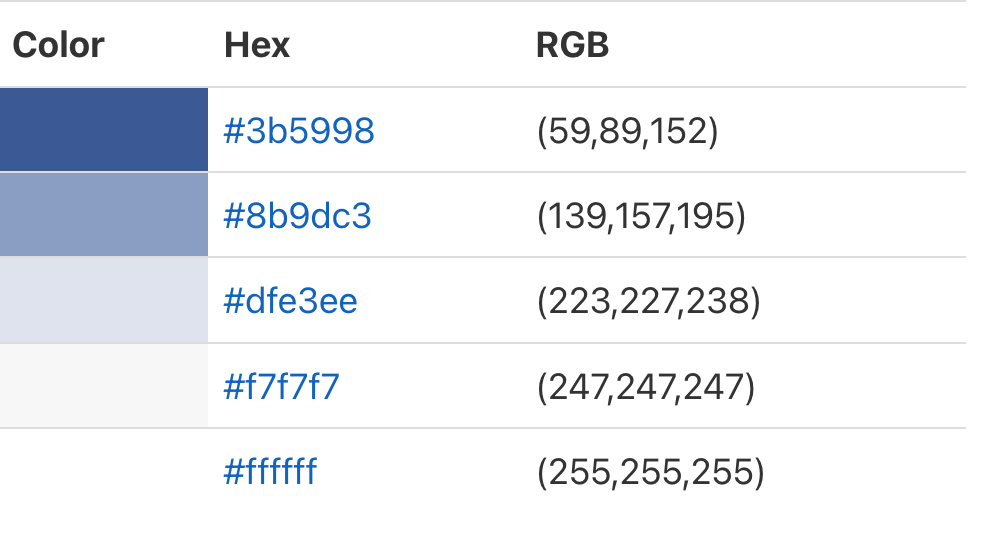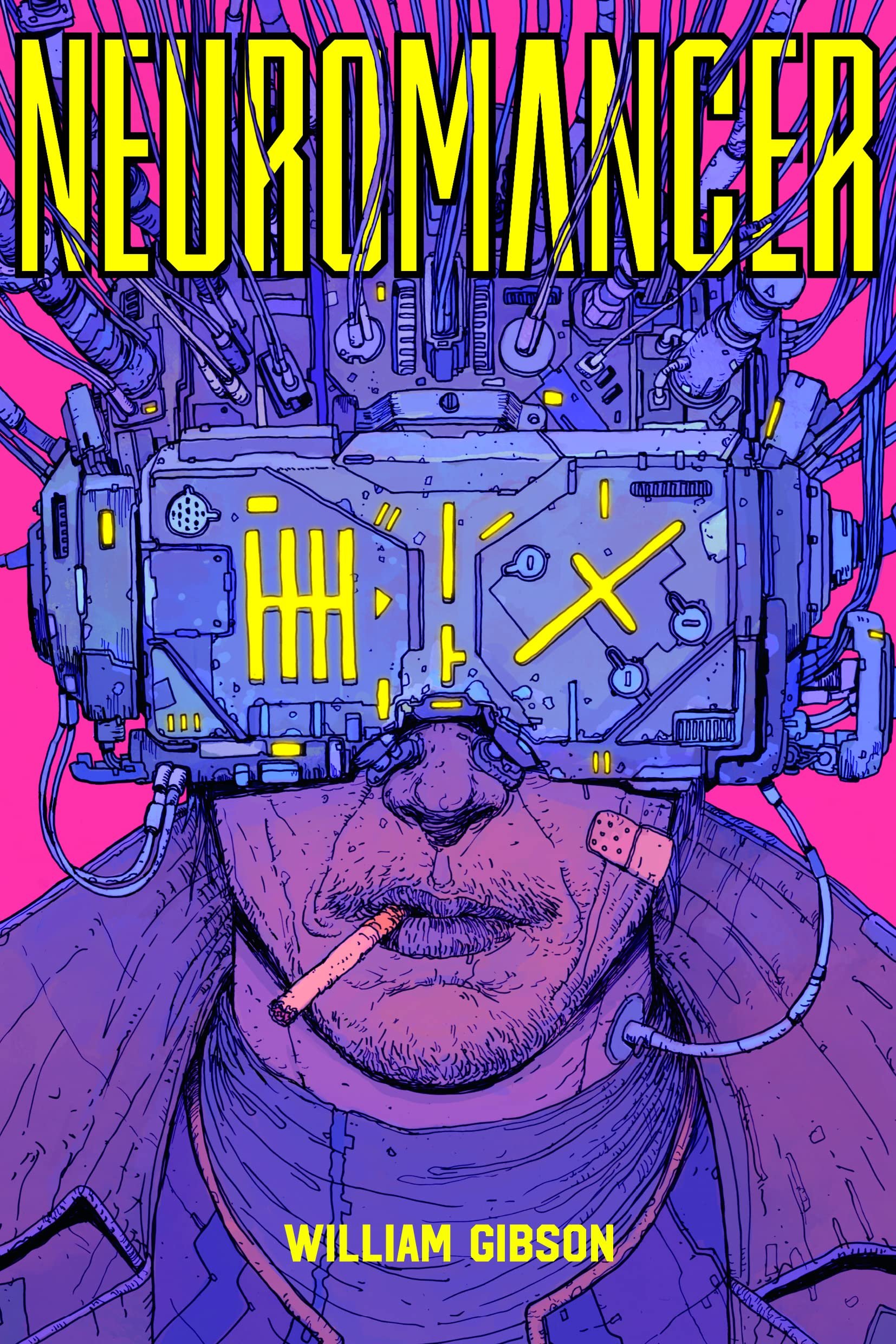The Metaverse is a Disaster
This is Awkward
Meta (nee Facebook) recently fired an astounding 11,000 employees. This, after having spent $15B on an ill-defined Metaverse which gets confused with the blanket term metaverse (coined in Neal Stephenson’s 1992 sci-fi classic, Snow Crash). And then there’s the embarrassing rebranding, which is arguably one of the best failures in recent history considering their inability to shirk their previous namesake.
So there you have it: Meta is a disaster. But it’s one of those spectacular disasters that you can’t easily look away from, and so it burns brighter and longer, seemingly against the laws of physics.
That Rebranding, Though
But how did Meta get here? The general understanding is more money buys more quality, and Facebook - Meta - has the former in spades. But they have demonstrably lacked taste for years if not decades now, so it shouldn’t be too surprising that their cash doesn’t travel far.
Even Meta’s official history of the rebranding isn’t particularly inspired. Really, it feels like a whole lot of justification for the logo and wordmark without much focus on anything else. Granted, the lackluster visual structure does bear some explanation, but a brand is more than that.
Then again, just look at their color palette...
They also had a pretty solid captive audience prior to COVID-19, and then that came along to ostensibly supercharge their audience engagement, with people spending more time online and at home during the lockdowns. This appears to be when Meta made the audacious bet to completely rebrand and explode their investment into the Metaverse. However, the company’s revenue streams were not as strong as the once-youthful Zuckerberg had been reportedly firehosing his employees with.
So what happened? In this blog, we cover 4 reasons why we think the Metaverse (remember, as distinct from the metaverse) has failed to deliver.
1. Meta’s Metaverse Lacks Use Case
This simply isn’t something that your average consumer or business feels compelled to explore.
Now, if you’re, say, Burberry, and really feel like blowing a massive wad of cash to torpedo your reputation, the Metaverse is maybe quite attractive. They recently partnered with Minecraft and the results were embarrassing. Or maybe you’re Sotheby’s and totally shameless, in which case the Metaverse is a sure shot.
But for a relatively typical consumer of relatively normal means, or a relatively humble business with an eye on real value, The Metaverse offers… what, exactly? Seriously, go login to… decentraland, because its easier to access than Meta’s Metaverse… and explore the wide nothingness of one of the most popular metaverses out there. At this juncture, it’s essentially an online exploration boredom deathtrap that’s yet to be populated except by a fleeting few from the financially motivated, impatient, and opportunistic world of Big Culture, which is by its nature reductive and serves up steaming piles of lowest common denominators.
It’s hard to say exactly what a successful metaverse would look like because, well, its meta. The reasons that could motivate a financial planner, say, to engage with a metaversial platform are likely different than those a mechanic or a chef would. But Facebook, in all its wisdom, decided to dumb everything down so that anything can operate within its own private cookie jar, which has the unfortunate side effect of reducing all those potentially scrumptious cookies to digital crumbs, or, more often, dust.
Consumers have no incentive to spend time in the Metaverse and businesses have no reason to build their presence there precisely because its not for anything, but everything. It can’t define itself, and as such is thus dependent on the most cutthroat to come in and give it definition. Without that, it is a big, dumb, expensive box of nothing.
2. The Metaverse Ignores What Made Avatars Fun
The Metaverse is designed as a virtual 3D space where people can explore and interact with each other through avatars. Which is neat in its novelty, we’ll admit. However, its design is willfully ignorant.
While it is true that games and platforms like Minecraft (despite its recent dalliance with Burberry), Second Life, The Sims, and more have caught on and command respectable audiences, its largely because all of them are well thought out enough to offer players… rewarding experiences.
Wanna participate in the Battle of Helm’s Deep? Minecraft’s got you covered.
Ready to try your luck at being a Spider Monkey? Second Life has an attractive solution.
Feeling the urge to recreate your actual apartment in a virtual setting, and then heavily micromanage it? The Sims is calling you.
Which is to say, successful avatar driven games give a world in which the avatar has purpose, whatever that is. But The Metaverse ignores that, instead letting users choose from limited outfit combinations to walk or run or jump around in it while virtually interacting with other users in largely the same manner they would in real life.
So why not just play real life?
3. The Metaverse is a Lonely Place
Meta talks about community which shouldn’t surprise anyone as it’s been Zuck’s go-to talking point for millennia or however long he’s been alive. And I guess to an extent, in the early days of Facebook, they might’ve sort of achieved that goal, in one sense of the word or another.
However, once those algorithms and ads came in, once the data mining turned everyone into a product, that premise of friendly community was utterly destroyed and replaced by a deceitful facade which… sorry, got away from ourselves there.
But seriously, even without the questionable business practices, who is Meta’s Metaverse for? We see it on TV sometimes. Read about it in the news (a lot). But how many of you have actually experienced Meta’s promised land? How many of you know how to access it, and how many can afford it?
Getting to Meta’s Metaverse feels a lot like a rat race. A way of proving something which feels a lot like glamor. A very shiny but hollow promise of wonders heretofore unimaginable. It feels like a gimmick, and when you finally get there, you feel like a chump. Like you were made to prove yourself only to have the rug pulled out from under you. Which is, like, a pretty alienating thing for users to experience, and a pretty cruel thing for a company to do.
4. Societal Norms Preclude Meta’s Metaverse’s Success
You need a true dystopia for Zuck’s Metaverse to work, but we’ll explain this one later.
In the mean time, read William Gibson’s Neuromancer and have a good think ;)




